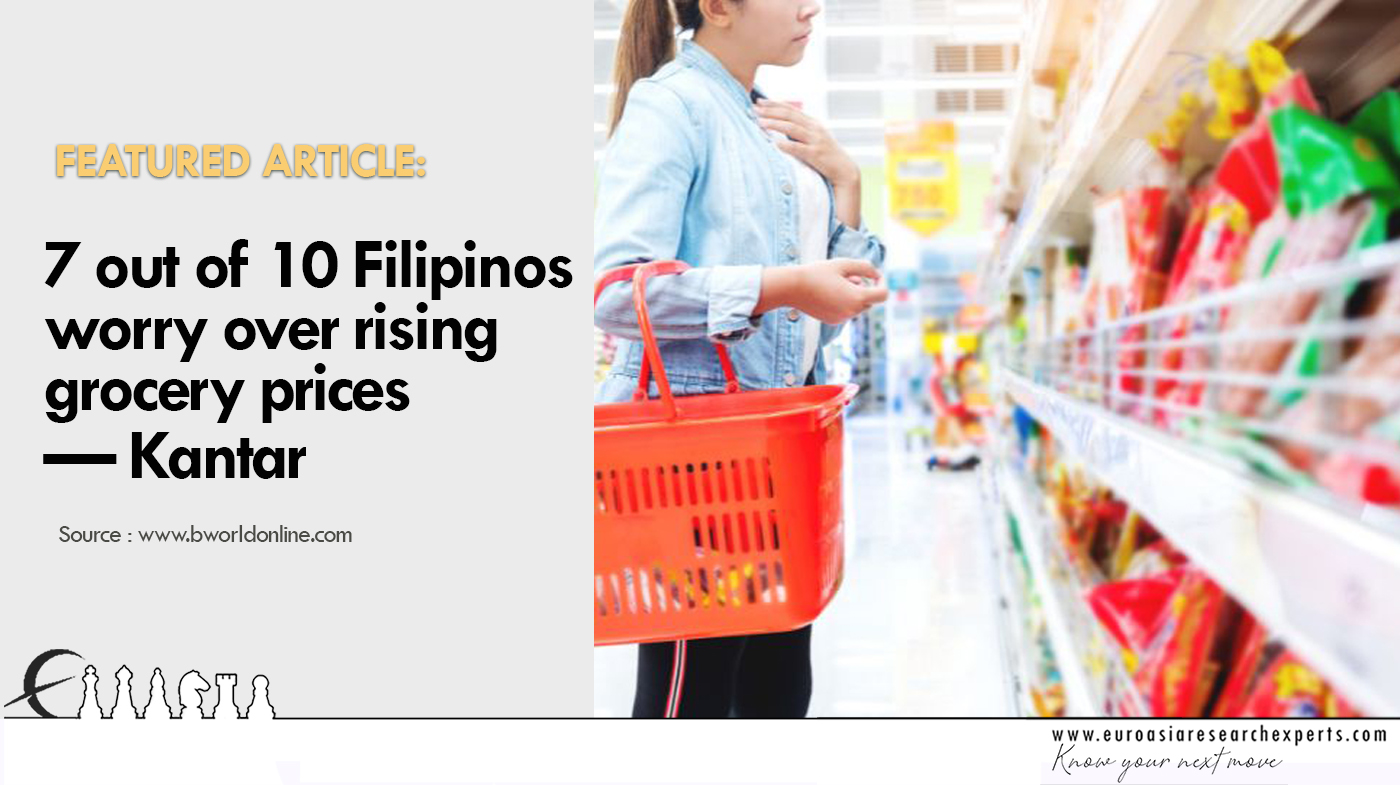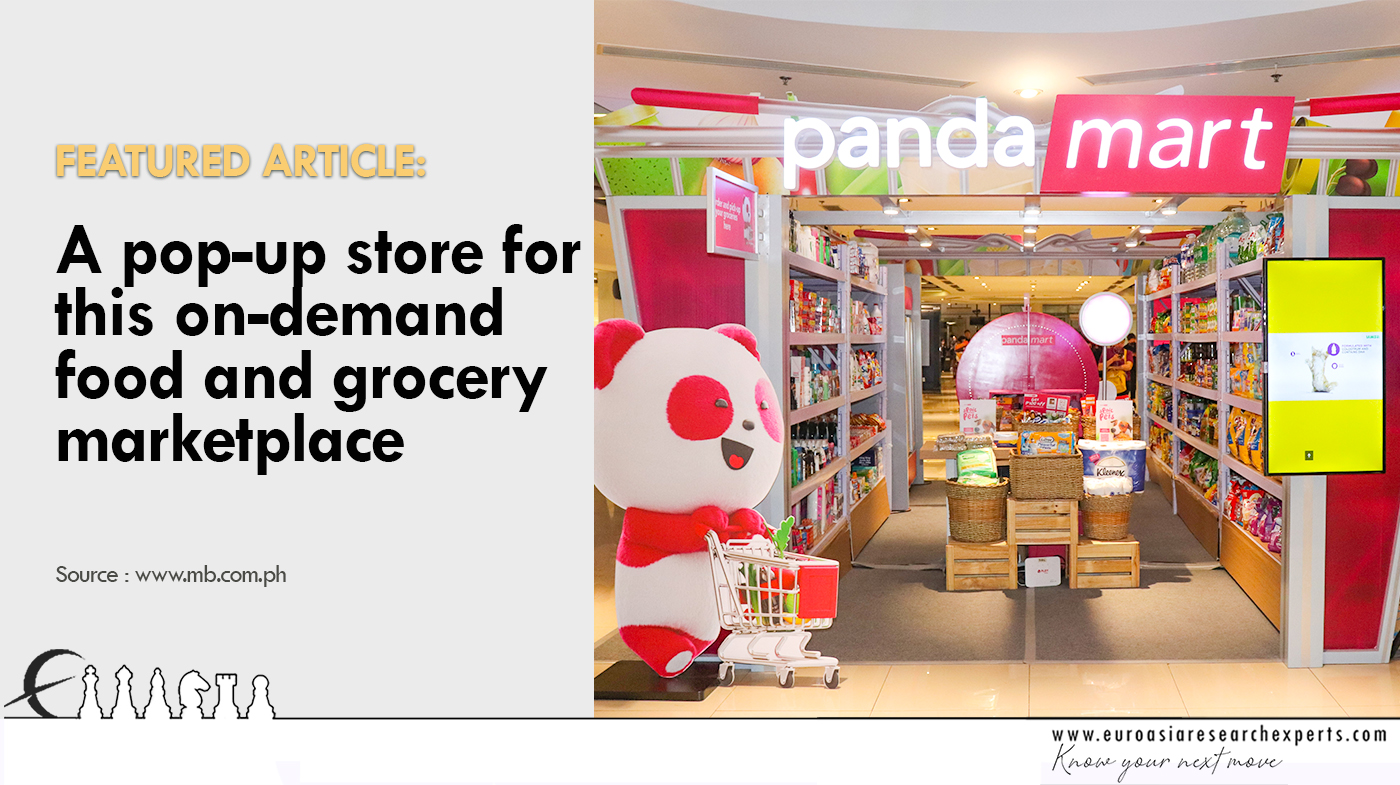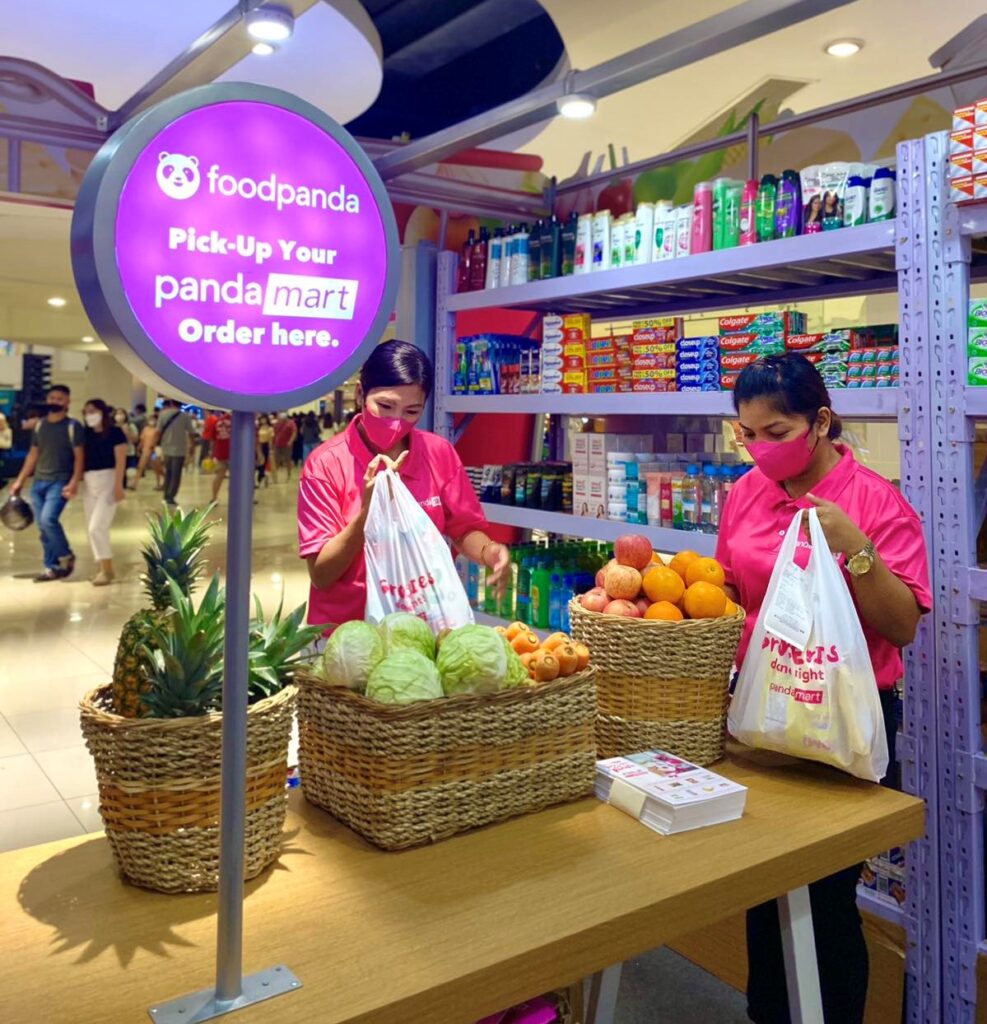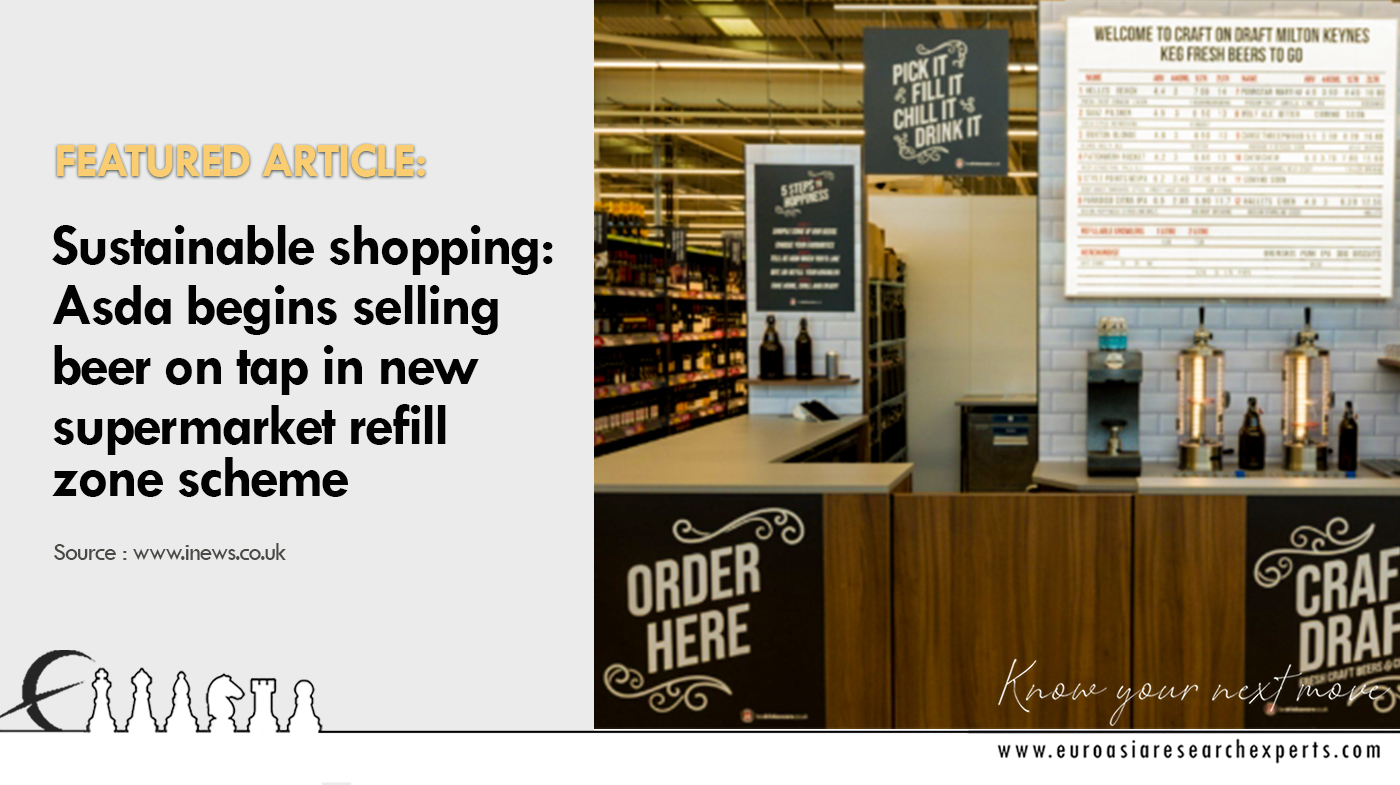ALMOST SEVEN out of 10 Filipinos are more worried about rising grocery prices than the possibility of another pandemic, a report by marketing data and analytics company Kantar showed.
“When we asked our respondents what concerns them most, top of the list and on top of their minds would be rising grocery prices… They’re even more scared of the rising grocery prices over another pandemic crisis from happening again,” Laurice Padlan-Obana, Kantar Philippines Worldpanel Division Consumer and Shopper Insight director, said during a virtual briefing on Wednesday.
Kantar’s Shopperscope 2023 report showed that 67% or seven out of 10 Filipinos are more concerned with rising grocery prices, while 50% were worried about another pandemic and 44% were concerned over higher fuel costs.
The survey used for the Kantar report was conducted from February to April and covered 2,000 households across the Philippines.
Inflation peaked at 8.7% in January, as prices of food and fuel continued to surge. Since then, the consumer price index slowed to 8.6% in February, 7.6% in March and 6.6% in April.
Kantar said Filipino consumers were also concerned over the impact of climate change (39%), possible fuel shortages (34%), physical and mental health of self and others (30%), future financial security (30%), political conflict with other countries (28%), economic outlook of the country (24%), and food shortage (23%).
However, most Filipinos remained hopeful in the next 12 months, with only 8% of respondents expect their situation to worsen.
Ms. Padlan-Obana said more Filipinos are putting more emphasis on price and affordability when choosing where to purchase grocery items.
Consumers are also looking for stores with longer hours and quick checkouts as they return to their regular routines, she added.
The Kantar report classified Filipino shoppers into three groups — “struggling” or those who are unable to cover their expenses; “managing” or people who finds ways to make both ends meet; and “comfortable” or those who have the least budget constraints.
“The ‘struggling’ are foremost concerned about rising prices and another pandemic happening. The ‘managing’ shoppers are concerned about the same things as struggling shoppers. The ‘comfortable’ are not only concerned about rising prices of goods but also about their health and their financial security in the future,” Ms. Padlan-Obana said.
She noted majority of Filipinos are those that can find ways to make ends meet, which means they have a lot of discipline when making purchases.
Ms. Padlan-Obana said fast-moving consumer goods brands and retailers should understand the shopping behavior and preference of these shopper groups.
All three shopper groups buy their grocery items at hypermarkets, supermarkets, groceries, sari-sari stores, convenience stores, drug stores, and direct sales, with varying levels of frequency and loyalty.
“The way to win them is communicating how they can save and maximize value in what they are paying for,” Ms. Padlan-Obana said.
The report also showed 68% of Filipinos plan their trips with a budget and grocery list. “Comfortable” shoppers also bring their families along during grocery shopping while “struggling” shoppers typically go by themselves.
“Shoppers go to hypermarkets and supermarkets in a purposive and deliberate manner. It is highly planned, going straight to the aisles to look for where items on their list are found,” Ms. Padlan-Obana said.
The report also showed Filipinos are visiting sari-sari stores more often, with a 5% annual increase to 212 trips. Nearly all or 99.7% of households buy from sari-sari stores, Kantar added.










